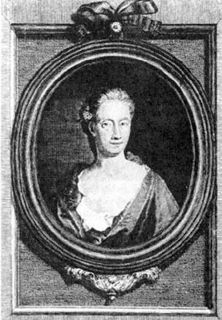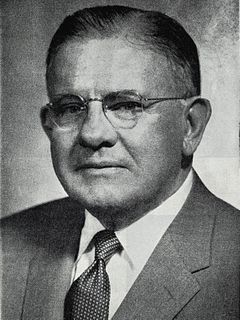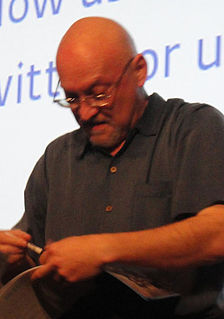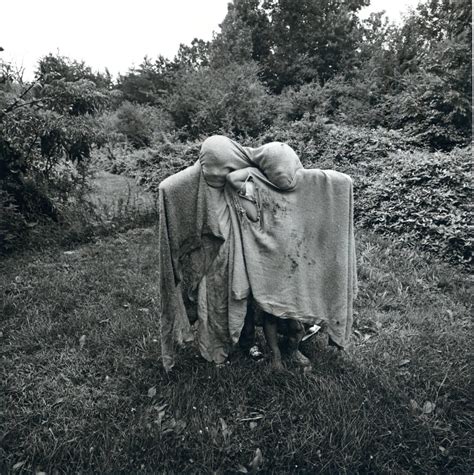A Quote by Eliza Haywood
To know ourselves, is agreed by all to be the most useful Learning; the first Lessons, therefore, given us ought to be on that Subject.
Related Quotes
[Grace] is given not to make us something other than ourselves but to make us radically ourselves. Grace is given not to implant in us a foreign wisdom but to make us alive to the wisdom that was born with us in our mother?s womb. Grace is given not to lead us into another identity but to reconnect us to the beauty of our deepest identity. And grace is given not that we might find some exterior source of strength but that we might be established again in the deep inner security of our being and in learning to lose ourselves in love for one another to truly find ourselves.
If the account given in Genesis is really true, ought we not, after all, to thank this serpent? He was the first schoolmaster, the first advocate of learning, the first enemy of ignorance, the first to whisper in human ears the sacred word liberty, the creator of ambition, the author of modesty, of inquiry, of doubt, of investigation, of progress and of civilization.
First therefore let us seek the dignity of knowledge in the archetype or first platform, which is in the attributes and acts of God, as far as they are revealed to man and may be observed with sobriety; wherein we may not seek it by the name of Learning; for all Learning is Knowledge acquired, and all Knowledge in God is original: and therefore we must look for it by another name, that of Wisdom or Sapience, as the Scriptures call it.
When someone speaks we ought to get three things out of the message. First and least important (but still very important), we ought to get what is said. Second, and more important, we ought to have a spiritual experience. Third, and most important, we should keep the commitments we make to ourselves.
In each of us there is another whom we do not know. He speaks to us in dreams and tells us how differently he sees us from the way we see ourselves. When, therefore, we find ourselves in a difficult situation to which there is no solution, he can sometimes kindle a light that radically alters our attitude - the very attitude that led us into the difficult situation.
I'm still learning. It's all a learning curve. Every time you sit down, with any given episode of any given show, it is a learning curve. You're learning something new about how to tell a story. But then, I've felt that way about everything I've ever done - television, features or whatever. Directing or writing, it always feels like the first day of school to me.
It might take us a lifetime to find out what it is we need to say. Most of us fall into where our feelings are headed while we're quite young. But the beauty of all this uncertainty would be that in the process of exhausting all the possibilities, we might actually stumble unconsciously into the recognition of something that's useful to us, that speaks to a deep need within ourselves. At the same time, I like to think that in order for any of us to really do anything new, we can't know exactly what it is we are doing.
Teaching is more difficult than learning because what teaching calls for is this: to let learn. The real teacher, in fact, lets nothing else be learned than learning. His conduct, therefore, often produces the impression that we properly learn nothing from him, if by "learning" we now suddenly understand merely the procurement of useful information.
The object of our being placed upon this earth is that we may work out an exaltation, that we may prepare ourselves to go back and dwell with our Heavenly Father; and our Father, knowing the faults and failings of men has given us certain commandments to obey, and if we will examine those requirements and the things that devolve upon us we will find that they are all for our individual benefit and advancement. The school of life in which we are placed and the lessons that are given to us by our Father will make of us exactly what He desires, so that we may be prepared to dwell with Him.
The most influential books, and the truest in their influence, are works of fiction. They repeat, they re-arrange, they clarify the lessons of life; they disengage us from ourselves, they constrain us to the acquaintance of others; and they show us the web of experience, but with a singular change-that monstrous, consuming ego of ours being, nonce, struck out.
Creative writing lessons can be very useful, just like music lessons can be useful. To say, as Hanif Kureishi did, that 99.9% of students are talentless is cruel and wrong. I believe that certain writers like to believe they arrived into the world with special, unteachable powers because it is good for the ego.






































